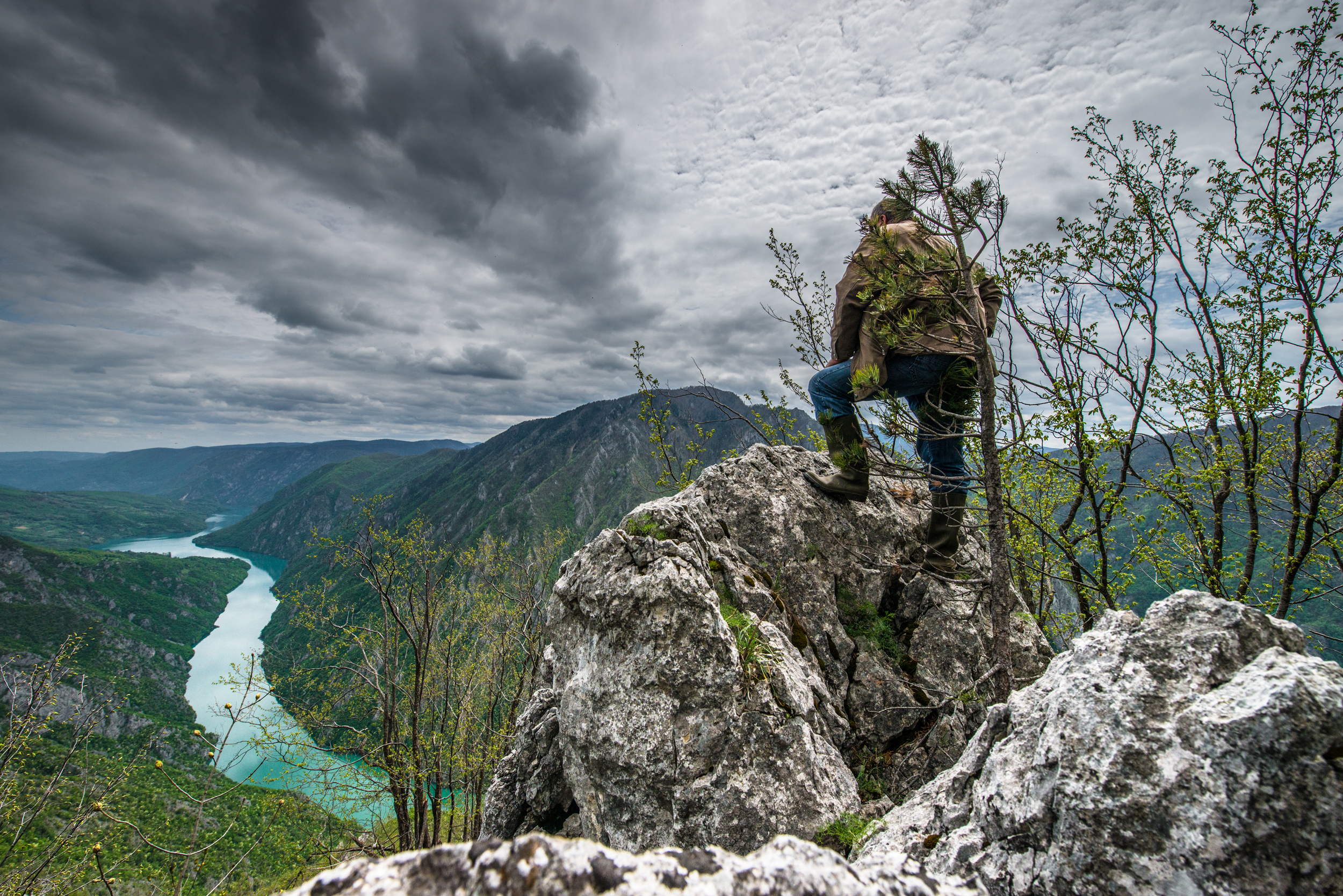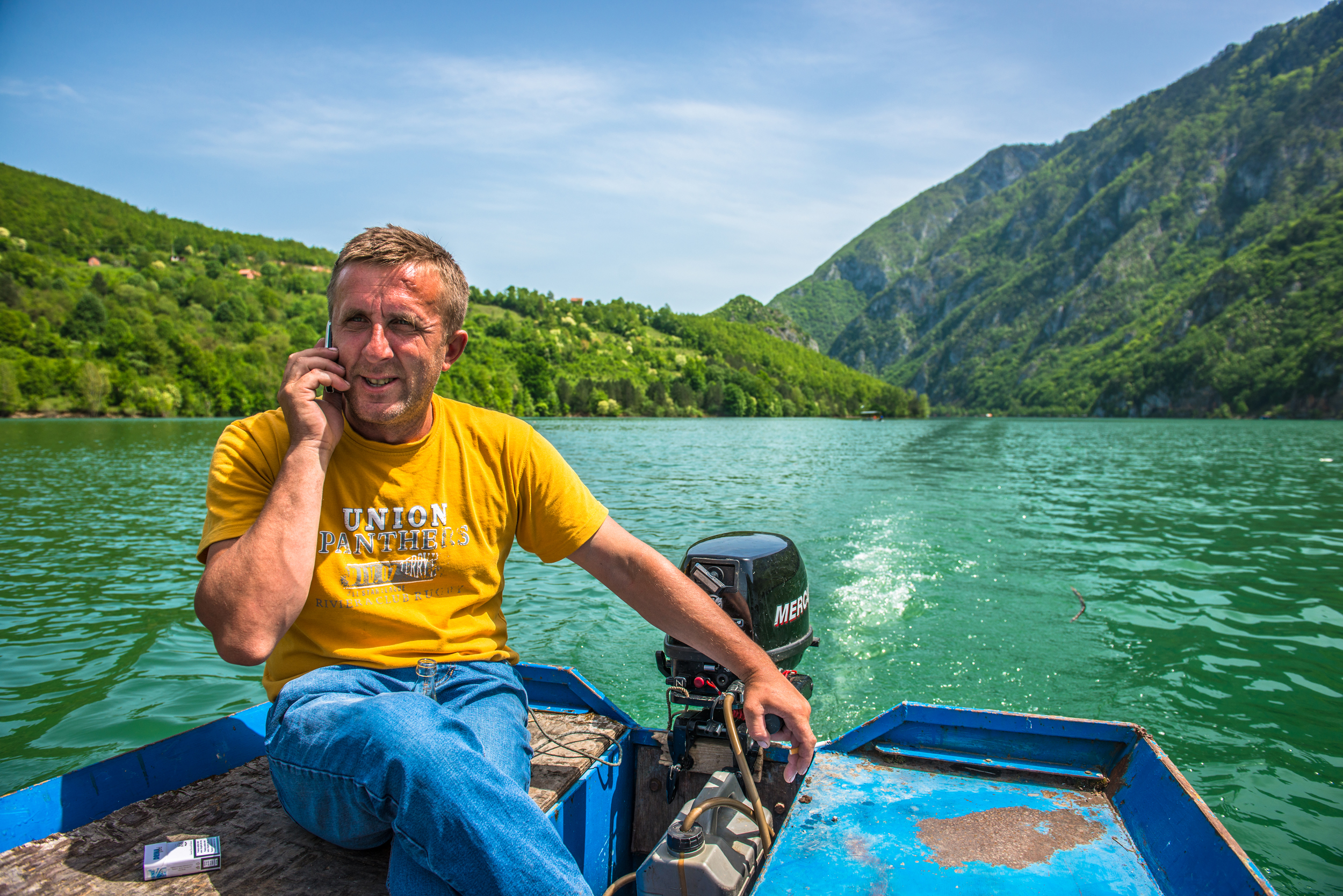Years ago visiting Bosnia, I passed through Srebrenica, unaware of the fact that some time later it would be the name of a village with a deep and important European-wide meaning. Srebrenica is a synonym for genocide, horrible wrongdoings, with no capacity for real reconciliation. Of course, the Dutch government resigned because Dutch troops failed to provide protection for citizens of Bosnia and Herzegovina. But that is not enough! The International Court of Justice in The Hague convicted only those who committed crimes against human rights and is therefore also to blame for limited moves in the right direction.
Srebrenica means that we have to keep these events in our memory, not only to commemorate the poor victims, but also to keep the memories of the atrocities vivid to prevent them from ever happening again. But this sentence can only be an expression of hope because in the present, again and again crimes against human beings are committed, even more than before. We need to raise the question what we can learn from these events. Learning from history is undoubtedly not the strongest human capability, but that does not mean that we should forget everything and do nothing. On the contrary, we have to keep the memory alive. This is an appeal to different human organisations existing in the world today: Churches and religious communities, as well as civil society must fight such wrongdoings even before they start; historians must keep the memory alive, and politicians must pay not only lip service but prepare adequate measures to avoid similar cruelties.

Nestled between Bosnia and Serbia, the river Drina always looks impressive and grand. And if you try to find your way to the secluded place where Tito convinced the International Olympic Committee to grant Yugoslavia the first Olympic Games in Sarajevo in 1984, you will follow the Drina slowly meandering through the age-old canyon. No matter if you look at her down from the top of the canyon like Marijan, or from a boat taking you for a ride like Hasib, the Drina holds a big potential for the local communities. Photo: © Dejan Petrović

Photo: © Dejan Petrović
Srebrenica is an appeal for peace, for solidarity and love to all human beings. It is necessary not to despair, because we have to start again and again, to move in the right direction. Last but not least, Srebrenica is a word for me that presents a challenge, as we should not only pray for the poor victims but also pray and forgive those who committed the crimes. It is also necessary that future generations know what happened and what they must do to prevent such events.
In 2015, this text was published as part of the exhibition and publication project SREBRENICA TODAY, which was initiated on the occasion of the commemoration of the 20th anniversary of the Srebrenica genocide and the signing of the Dayton Agreement and shown on 11 July at the Srebrenica-Potočari Memorial Center as part of the official commemoration ceremony.
Srebrenica today
Publisher: ERSTE Foundation, 2015
Editor: Christiane Erharter
Photographs by Dejan Petrović
Texts by Boris Buden, Erhard Busek, Slavenka Drakulić, Doraja Eberle, Haris Pašović, Bojana Pejić, Wolfgang Petritsch, Jasmila Žbanić
Supported by Doraja Eberle in cooperation with “Bauern helfen Bauern” – Bratunac
The exhibition was also displayed in the premises of ERSTE Foundation in Vienna, at the Cultural Center Parobrod in Belgrade, at the European Forum Alpbach, and, in 2016, in Philantropy House in Brussels. Twenty years after the genocide SREBRENICA TODAY was a visual portrait of the town and its residents showing moments of everyday life in the town of Srebrenica and its surroundings.
The exhibition was comprised of eight posters. Each of them featured photo-portraits of the residents, their everyday life or professional activities. These portraits were combined with texts by personalities from the fields of politics, arts and culture.